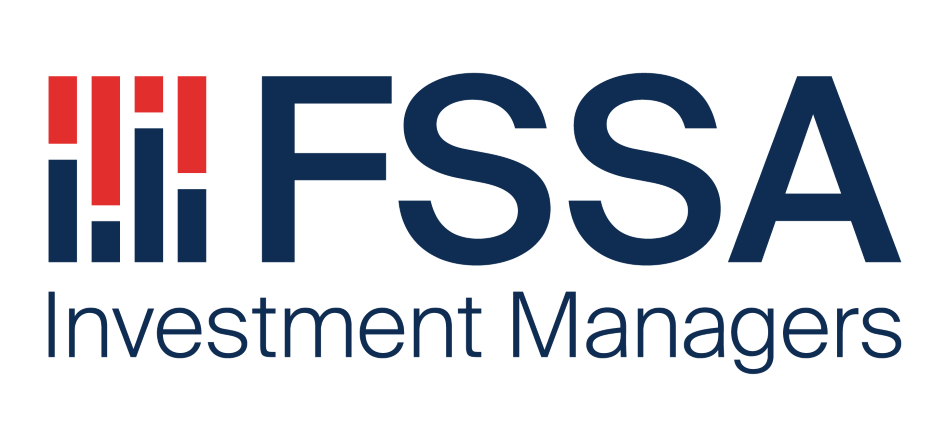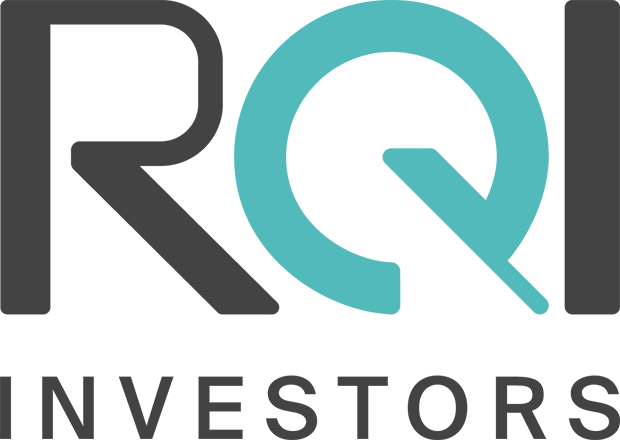Showing 1 to 16 of 16 results.
Learn about investing in the world's fastest growing markets with FSSA Investment Managers. We invest in high quality equities that outperform over the long term.
First Sentier Investors today announced unit holders have voted in favour of a change in responsible entity (RE) for a number of funds from Colonial First State to The Trust Company.
Our recent paper on Extreme Concentration focussed on the US (and so Developed Markets). This was the natural as the central issue of concentration was among the top 10 stocks in the US, among them, the “Magnificent 7”.
Every company we speak to these days tells us about the cost pressure that they are facing, emanating from rising global commodity prices. Domestic steel prices have risen by 35% y/y, copper by over 50% y/y and palm oil by over 60% y/y through February 2021. Indian corporates are being forced to reckon with sharp increases in input costs for the first time in almost a decade. We believe that pricing power is often the critical litmus test of a franchise’s quality.
Leading global investment manager, First Sentier Investors (FSI), today announced the outcome of a review of its existing investment capabilities against its strategy.
In 2020, one group of companies has done particularly well – the popular digital technology companies focused on e-commerce, delivery and entertainment, to name a few industries. In emerging markets, they dominate the Chinese market; but they can also be found in Korea, Southeast Asia, Eastern Europe and Latin America. We do not own many of these in the strategy; and as such, we are often asked: What holds us back? After all, they have performed well and – at least on paper – should have the prerequisite to generate strong returns and free cash flow, given their often high gross margins, negative working capital profiles and asset light nature. While we are not disputing the potential for this in the future, we would argue for cautiousness on most of these projections.
Since our last update, global markets have not been short of action and the manic behaviour characterising today’s markets has taken investors on another rollercoaster ride. While not quite comparable to the market movements seen during the dark days of March 2020, the recent correction — especially in China-related companies — has been notable. Yet, from a market perspective, a sense of normality is finally starting to emerge after the more speculative phases over the past 12-18 months. Companies related to the Work- or Consumed-From-Home environment are starting to discount a more realistic outlook and, equally, franchises with good long-term prospects that were experiencing temporary uncertainties caused by the pandemic have, for the most part, regained some of the lost ground as their underlying business fundamentals continue to improve.
First Sentier Investors is the world-leading provider of specialist investment capabilities. Discover how we provide research-led active investment management.
In almost every meeting that we have with management teams, we will ask about incentivisation. In our view, it is an important question and the answer can be highly revealing about an organisation’s culture and behaviour. While it can be easy to be deceived by articulate CEOs talking up a big game with lots of investor-friendly buzzwords, in our experience what ultimately drives outcomes (at least the ones that management teams can influence) are the incentives. As with most things, striking the right balance is key. If there are no incentives to good performance (and no disincentive for poor performance), companies often end up with capital being systematically mis-allocated without any accountability. This tends to be the case with most State-Owned Enterprises (SOEs), which is one of the reasons we are generally cautious on them. On the other hand, too much of a good thing can also have adverse consequences, which we often see in turbo-charged incentive schemes concentrated among just a few senior executives. While they might lead to exponential growth for a short period of time, the growth is usually not sustainable. After a rapid period of expansion, imbalances are typically built up and when growth inevitably slows it is usually not just one skeleton that falls out of the closet.
We have closely followed earnings across our India Subcontinent portfolio companies to assess how successfully they have emerged from the initial impact of the pandemic.
In our last client update, written through the depths of Covid-despair, we observed that real life and the world of markets are seldom so intimately entwined. With markets swinging violently to the downside on a riptide of fear, it was clear even then that activity was being driven by short-term anxiety rather than a real evaluation of Asia’s longer-term value-accretion prospects.
Concentration in equity markets has reached unprecedented levels, particularly in the United States. A select few mega-cap stocks, colloquially referred to as the "Magnificent 7," now dominate market indices, reflecting a convergence of technological innovation, speculative enthusiasm, and the allure of generative AI.
2024 was a good year for global listed infrastructure. Strong earnings for energy midstream and a step-change in the earnings growth outlook for utilities helped the asset class to shrug off rising bond yields and political uncertainty.
How to tell if companies are talking the talk instead of walking the walk – and why it’s so important to find out
This letter forms the first in a series designed to introduce and explain our approach to sustainability, and the lessons learned so far. We hope that these reflections, drawing on the team’s combined experience, will provide a useful insight.
Over the last decade the electricity sector has been at the forefront of decarbonisation, ahead of transport, industry and agriculture.
Get the right experience for you
Your location :  Australia
Australia
Australia & NZ
-
 Australia
Australia -
 New Zealand
New Zealand
Asia
-
 Hong Kong (English)
Hong Kong (English) -
 Hong Kong (Chinese)
Hong Kong (Chinese) -
 Singapore
Singapore -
 Japan
Japan























 United Kingdom
United Kingdom 